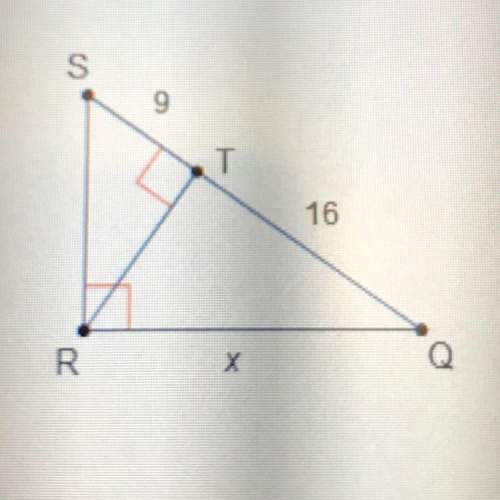
Mathematics, 12.02.2020 23:29 makylahoyle
1.28. Let {p1, p2,...,pr} be a set of prime numbers, and let N = p1p2 ··· pr + 1. Prove that N is divisible by some prime not in the original set. Hoffstein, Jeffrey. An Introduction to Mathematical Cryptography (Undergraduate Texts in Mathematics) (p. 54). Springer New York. Kindle Edition.

Answers: 2


Other questions on the subject: Mathematics

Mathematics, 21.06.2019 14:20, arnold2619
G(x) = 2 sin(2x - π) + 4. using complete sentences, explain how to find the minimum value for the function.
Answers: 3

Mathematics, 21.06.2019 17:00, deniseelyons15
Yosef can eat 21 jamuns while rose can eat just 15 . complete the blank. yosef can eat % more jamuns than rose.
Answers: 1

Mathematics, 21.06.2019 18:20, sweetbri7p5v6tn
Me solve this problem, and someone clearly explain to me how to solve it.1.) use the value of the discriminant to determine if the given trinomials has 2 real solutions, 1 real solution, or no real solutions. a. x2 − 4x − 7 = 0b. 4r2 + 11r − 3 = 0c. 3m2 + 7 = 0d. t2 + 2t + 1 = 0
Answers: 1

Mathematics, 21.06.2019 19:00, ivethzurita0425
{0,1,2,3,4,5,6,20,21,22,23,24,25} the distribution is considered to be: skewed the right, skewed the left, not skewed?
Answers: 1
You know the right answer?
1.28. Let {p1, p2,...,pr} be a set of prime numbers, and let N = p1p2 ··· pr + 1. Prove that N is di...
Questions in other subjects:






Computers and Technology, 28.10.2020 17:50


Biology, 28.10.2020 17:50





